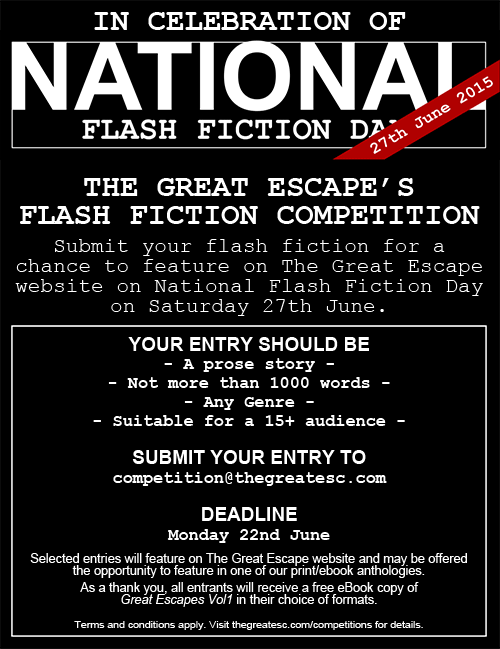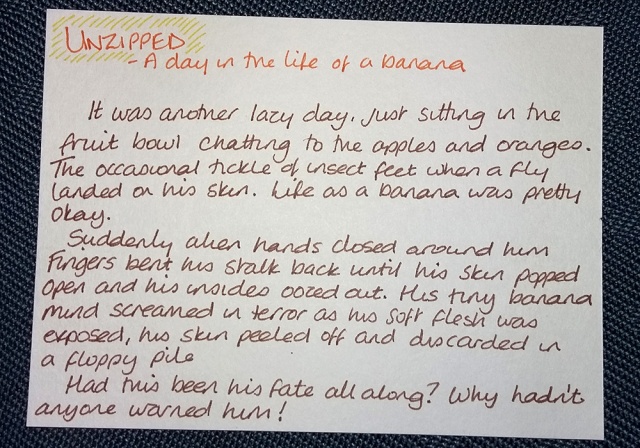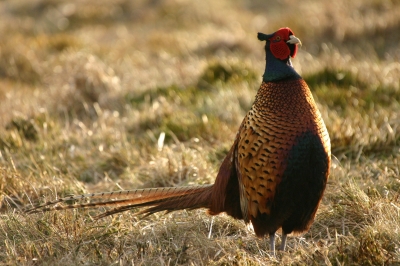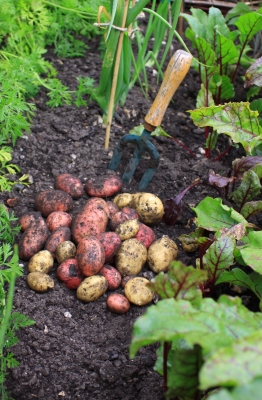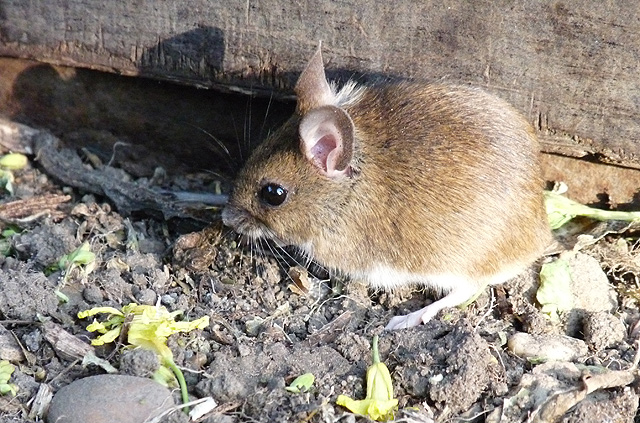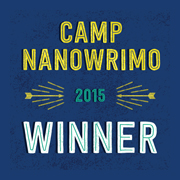I’ve been having a think about what makes a good piece of flash fiction, and while I don’t think I can say it any better than David Gaffney does in this article – Stories in your pocket: how to write flash fiction (which came out just before the very first National Flash Fiction Day in 2012) – I thought I would share a few thoughts.
1. Get It All Out First
Or as David Gaffney says in his article, “write long, then go short.” This is actually common sense in a way. When you draft your brain is creating as it goes. It’s natural to repeat yourself as you think of better ways to say what you want to say, on the fly. You need to repeat yourself because the second or third way you brain comes up with to say something might better than the first.
It’s also natural to explore as you write, which creates tangents, distractions and irrelevancies as often as it discovers vital details. You won’t ultimately want half of what you uncover in a short piece, but you have to dig through rocks to find diamonds.
2. Find What’s Important
I recently took a 400 words first draft I really liked and cut it down to 150 words which I liked even more. I started by critically looking at my draft and highlighting the phrases and words which did the work; the ones which conveyed the story, rather than those that enriched, or worse, obscured it. There were actually very few of them.
3. Be in the Moment
For me, the best flash fiction pieces are scenes. This is a matter of taste, true. But there is a reason behind it: constraining a story to a scene constrains it to one moment.
Long fiction contains lots of moments but in flash fiction you only have a moment to create a moment. It could be the start of something, the end, or a change. It could be a moment of connection, realisation, or enlightenment.
Find the one moment you want to share and make the story about that, however you choose to write it.
4. Let the Reader Work for You
In flash fiction, you have to let the reader be an active participant in the realisation of the vision. I say let because writers can be control freaks about getting across their vision.
You don’t have the luxury to spend words and time on description in flash fiction. Trust that your reader will do this for you. Don’t worry about describing characters and settings, let the action show something of their nature and let the reader make up the rest however they want.
5. It Need Not End Here
Most flash fiction pieces will, by definition, be very open ended. They are short stories, moments, within the unspoken wider narrative of your characters’ lives. Let the idea of that wider narrative be there in the background and don’t stress over explaining it or tying up loose ends.
So that’s my top five thoughts on writing flash fiction. If you write something you’re proud of, be brave, share it with someone, or submit it to a publisher!
And on that related note…
The Great Escape Flash Fiction Competiton 2015
The site where I act as fiction editor is running a Flash Fiction Competition this month, in celebration of National Flash Fiction Day on Saturday 27th June.
It’s an open competition with fairly loose criteria, so why not share something you’ve written. Your story might get featured on our site and we could even offer you a spot in one of our anthologies. Visit thegreatesc.com/competitions for all the details.
